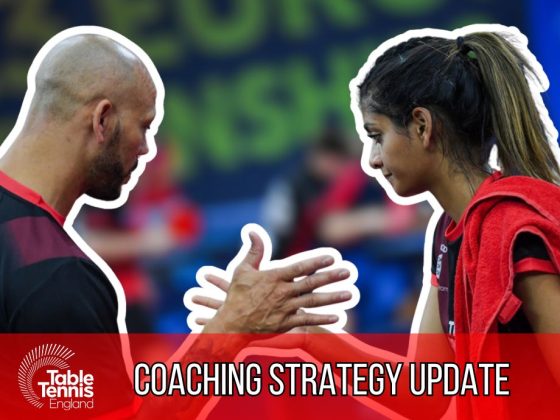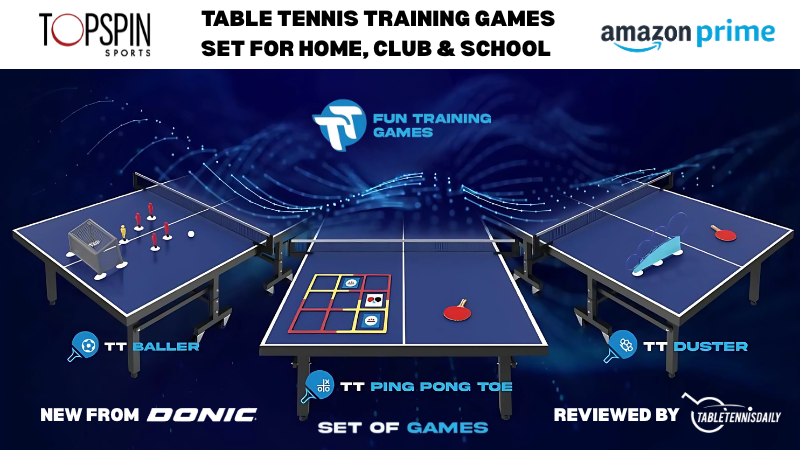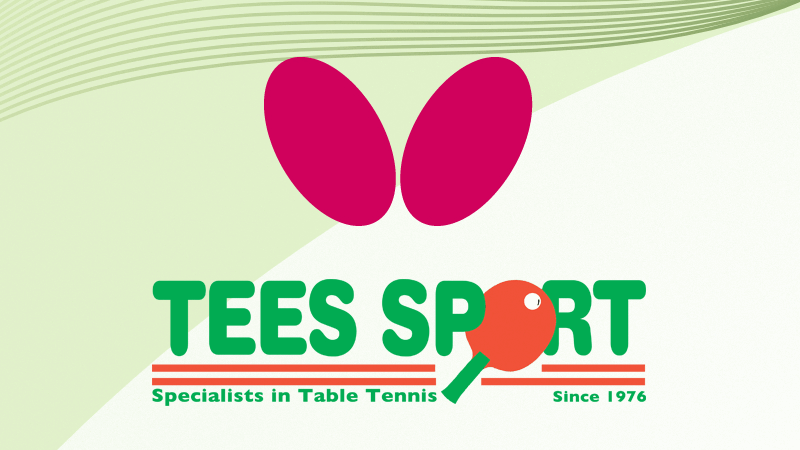More coaches, better coaches and a pathway to the top of the sport – those are the aims of the coaching strategy which has now been approved by the Table Tennis England Board.
The strategy is the result of widespread consultation with coaches of all levels, and other stakeholders, led by Head of Performance Development Gavin Evans.
The Board has now given the go-ahead to map the road ahead and the first steps are to recruit a Head of Coach Learning and Development and start preparations to launch the new strategy in April 2025.
This includes mapping current coaching qualifications to the standards in the new strategy and identifying mentors to support learners throughout their coaching journeys.
Existing coaches will see their qualifications mapped directly into the new programme – there is no need to retake any qualifications. Additional CPD requirements may be added in due course to ensure their skills are up to date and they remain accredited.
For new coaches, work is ongoing to create a pathway to give them the skills and standards they need. Details about the resumption of coaching qualifications, which were paused while the strategy was shaped, will be released soon.
Evans says more place-based learning at a local level, with input from mentors, will feature strongly in the pathway.
He said: “There’ll be far more engagement from the governing body to recognise what frankly felt like a disconnected workforce.
“We absolutely need to connect more with our workforce because our talented athletes spend more time with the coaches and the clubs than they do with us, so that connection is so important.
“Our number one system goal is to create a system that’s capable of winning Olympic medals. In order to do that, we need world-class coaches in all the different environments, whether it be a community space, a club, the talent environment or the elite training squads.
“Coaches are the backbone of the sport when it comes to the talent development system, so we need to recognise that as a number one priority.
“Number two priority is not just to put them through a course and then give them a qualification and not talk to them again, it’s about actively managing the workforce and being able to consistently develop them and change the culture from going on a course and then not updating yourself to an ongoing learning and development mindset.”
Building out a world-class workforce across all environments will not happen overnight, but Evans is excited by the medium and long-term opportunities, as well as the immediate benefits.
He said: “I’d like to think that (in a few years) we will have a really connected workforce of coaches with a whole host of localised learning activities, a lot of expert coaches who are operating at an extremely high level – and more coaches. The big thing I’m hearing around the club space at the moment is ‘we don’t have enough coaches to support our sessions’.
“From my department, working with the national teams, when we go out for national coaching roles, we’re recruiting from overseas. I want that to change, I want people to feel like they have an opportunity to be the next national coach because of the learning journey they’ve been on.
“Where we want to get to is more coaches, better coaches, and a pathway where coaches feel like they have something to achieve.”





